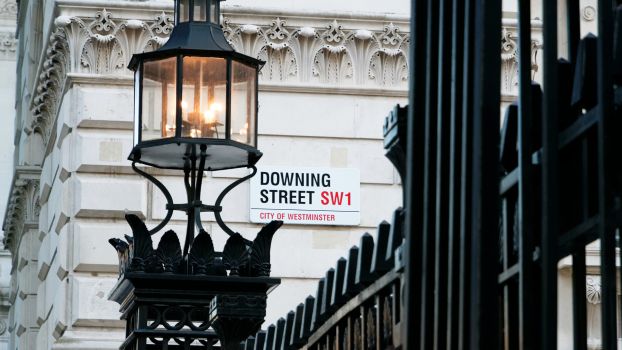
The chancellor, Rishi Sunak, has been a busy man this year. Understandably so, it has to be said, considering this is probably the biggest challenge to the national economy since the war.
Not ones for hyperbole, it genuinely is shaping up to be the biggest economic realignment since the 40’s and 50’s, but as with the interventions of the Attlee government in the 1950’s, that doesn’t necessarily mean a bad thing in the long run.
If we look back to those Keynesian economics that were employed at the time, they probably built the most prosperous world economy in history through the 60’s where average salaries and living standards were arguably higher than at any other time.
There have been many slow burning changes that have been pushed into warp speed by the current pandemic. Public transport, for example, is now having to rethink 20 years of public policy planning now that more than half the country is currently working from home and it seems inconceivable that things will revert back to normal any time soon.
The same can be said for commercial property and office spaces. Landlords, pension funds and other investors are now having to rapidly change plans to, in many cases, revert into residential property where yields, profits and rents are now much more stable.
That in itself probably spells a huge shift of what our high streets will look like even in 12 months. Einstein’s theory of relativity touches on the experience of time passing either faster or slower depending on the speed of your movement, and that is perhaps applicable here where 20 years of economic policy appears to have been changed in less than a year.
New support measures
So far, despite some criticism, it can be broadly said the treasury have managed to do a pretty good job of keeping the economy on an even keel and, according to the latest retail figures, things remain surprisingly robust even in retail.
This week, Sunak announced further measures as more areas across England were placed under harsher Covid restrictions. As reported by the BBC, “Instead of a minimum requirement of paying 55% of wages for a third of hours, as announced last month at the launch of the Winter Economic Plan, employers will have to pay for a minimum of 20% of usual hours worked, and 5% of hours not worked.
The government will now fund 62% of the wages for hours not worked. This more than doubles the maximum payment to £1,541.75 a month. In the most generous case, the taxpayer will now go from funding 22% of wages to just under half.”
This marks a significant change in position by the government as it seems to come to the realisation that winter is increasingly likely to bring lengthy lockdowns, even at local levels rather than national.
Property
The moves were well received by the wider economy and the stock markets which rallied on the news, signalling that confidence had been instilled with investors and business that the government had a grip of the crisis and were committed to protecting jobs.
More broadly it’s also good news for property, which has been having a very good year in terms of prices, rental growth and demand.
Of course, as it always has been, it’s true that without income, tenants can’t take on new properties, and subsequently landlords can’t collect rents from them. With this news it seems that the property market will be able to end the year in a similar vein to how it’s been so far, on a high.
With demand still increasing despite uncertainty, investors, landlords and the market seem broadly content that these measures will do what they need to do and protect jobs and business in the short term to be able to return to growth quickly next year when things are more under control.
